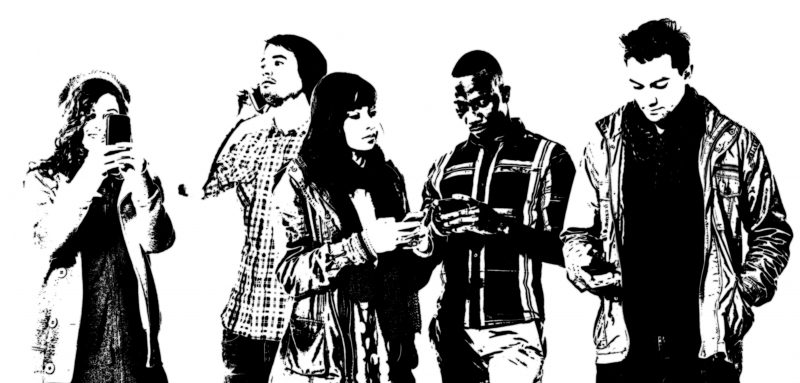Why Media Education Matters

The demise of print journalism and the rise of the image have essentially forced the mainstream news media into the entertainment business. And the consequences for public discourse have been devastating. By filling the information void created by media consolidation and rampant commercialism with half-truths and ever more fantastic spectacles, corporations have built what author Chris Hedges has called an “empire of illusion.”
And in the empire of illusion, reality has met its match. Climate change, resource and species depletion, domestic financial disaster, and shocks to the global capitalist system may be bringing us face-to-face with what the philosopher Slavoj Zizek has called an “apocalyptic zero-point,” but the media-advertising-public-relations complex has been up to the task.
In the age of fake news, a changing media landscape, and distorted understandings of reality, the stakes have never been higher, and the necessity for education never more crucial.
Our ability to transform these current realities will depend on whether we are willing and able to imagine other possible futures. The traditional intellectual function of colleges and universities and the work of teachers, researchers, scholars, and writers in many ways represents a last bulwark against the encroachments of commercial illusion that have spread across the wider culture.
When Sut Jhally founded MEF in 1991, he couldn’t have known just how important media education, media educators, and critical inquiry of this kind would become just a few decades later: not only as a means of intellectual self-defense, but as a defense against threats to democracy and civil society.
Stuart Hall seems to us to have gotten it just right when he said that intellectuals have two primary responsibilities: to understand the world as objectively as it can be understood, and to communicate that understanding to the wider public beyond the realm of specialized intellectuals.
From films about the commercialization of childhood and the subtle, yet widespread, pop-cultural misogyny and sexism, to titles that deal with the devastating effects of rapacious consumerism and the wars for oil that it drives, we offer resources designed to help spark discussion about some of the most pressing, and complicated, issues of our time, in one of the last independent spheres left in the society: the classroom.

